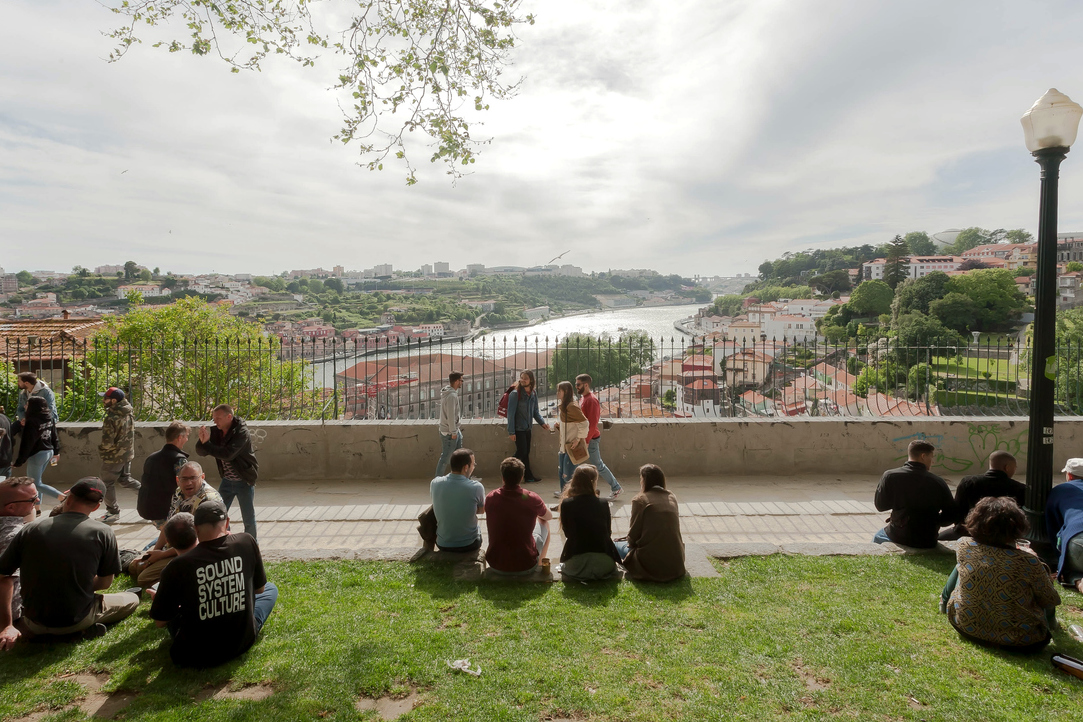
Life Satisfaction among Young People Linked to Collectivism
The values of collectivism remain important for young people. They promote a sense of loyalty to family and a willingness to accept support from loved ones. Young people who value mutual assistance and a close relationship with others are more satisfied with life, regardless of whether they belong to a collectivist or individualist type of culture.
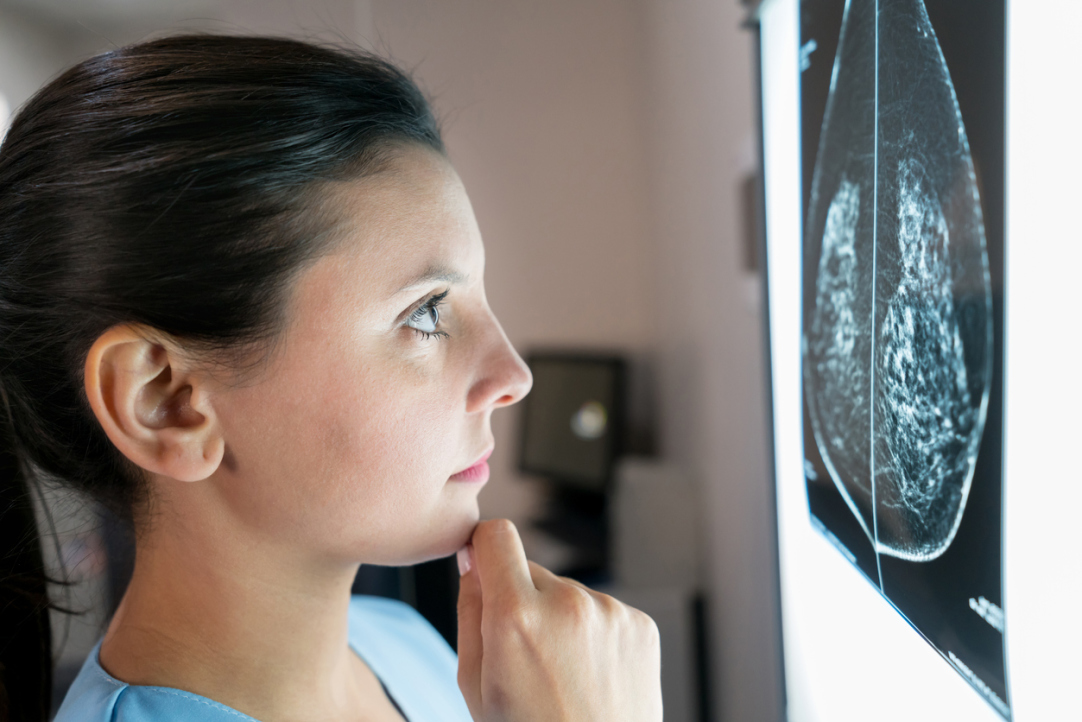
Researchers Establish Intracellular Interaction Network in Breast Cancer
HSE University researchers have identified the genes that play a crucial role in breast cancer metastasis. The results of the study were published in the journal PLOS ONE.
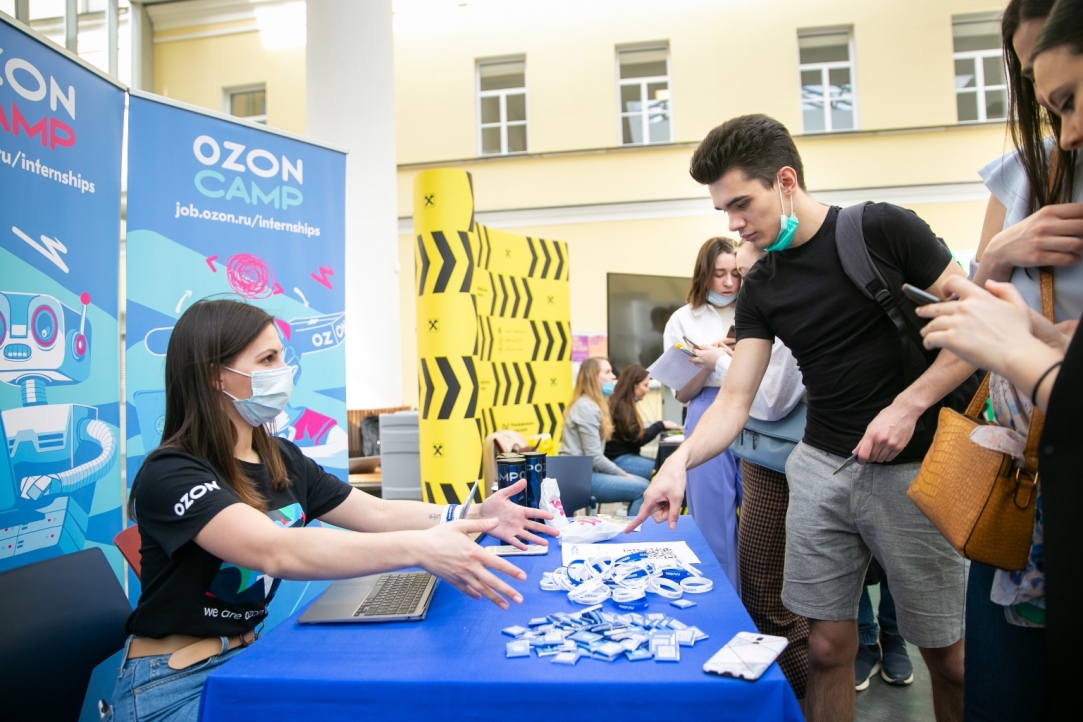
From Unilever to Megafon: HSE University Holds Another Career Marathon
IT giants and investment funds, banks and international corporations — more than three dozen employers took part in the HSE Career Marathon. Company recruiters told students what vacancies for young professionals were open in various departments, what they look for when selecting employees and what skills they particularly value.

HSE University Researchers Track Language Abilities of Russian Children with ASD
Researchers from the HSE Center for Language and Brain have, for the first time, described the language abilities of Russian children with Autism Spectrum Disorder (ASD) at all linguistic levels (e.g., phonology, lexicon, morphosyntax, and discourse), using a language test that takes into account the psycholinguistic variables most relevant for Russians. The study was published in Journal of Autism and Developmental Disorders.
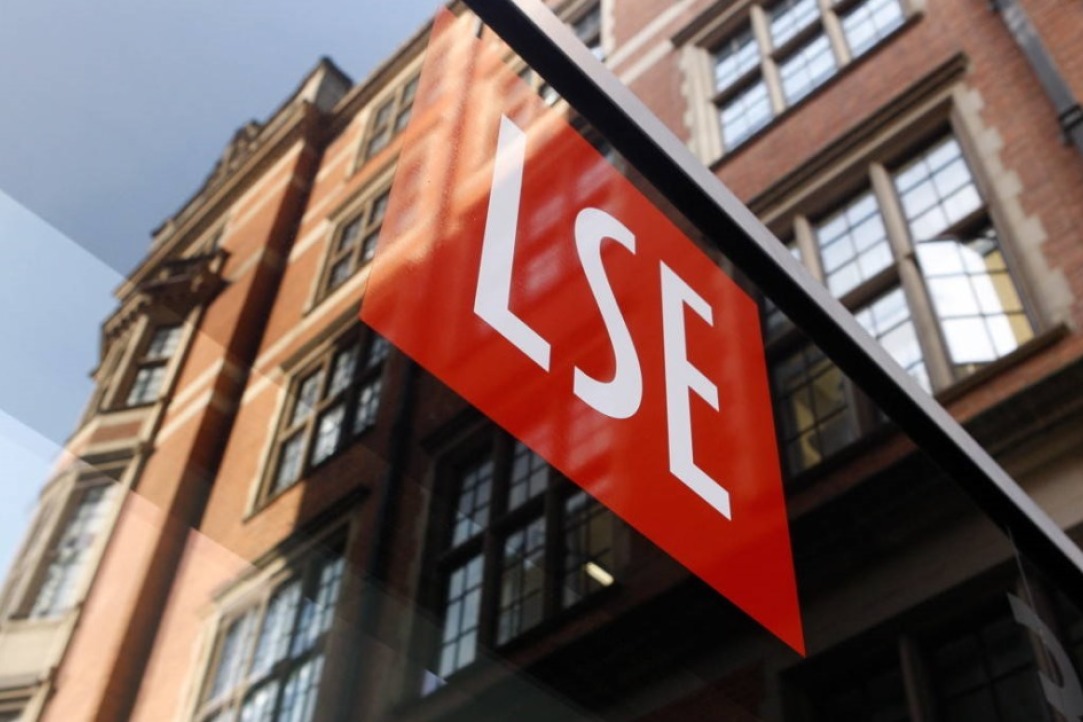
Data Science and Business Analytics Students Score the Highest on University of London Exams
Four students of the HSE University and University of London Double Degree Programme in Data Science and Business Analytics received the highest scores on London exams at the end of 2019/2020 academic year. Yunying Pei, Vasily Kireenko, Vladimir Zobov, and Ilya Zisman performed brilliantly in the statistics, business, and management tests.
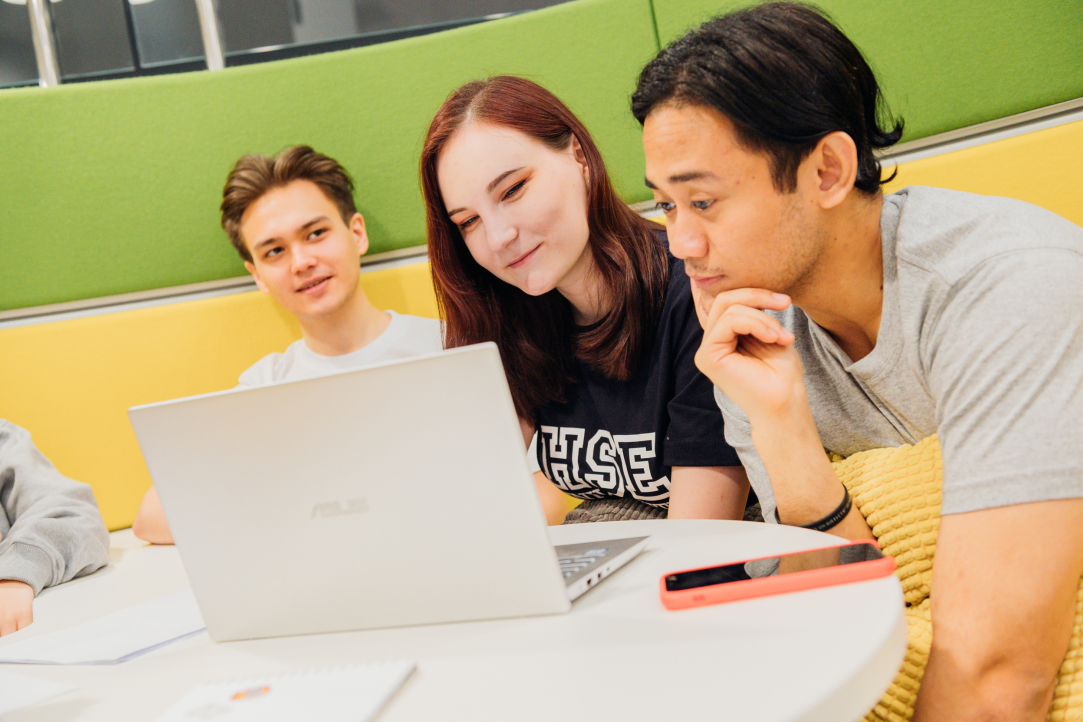
Summer University to Be Held Online Second Year in a Row
International students from all over the world can enroll in HSE University’s summer programme, choosing from a wide range of courses that will be delivered via Zoom from June 20 till August 20, 2021. This year, Summer University is offering new courses, tuition fee discounts, and networking opportunities. Application deadline is May 20, 2021.
.jpg)
'Being Fully Engaged in Your Studies Is Key for Any Student'
Sergey Korotkikh, graduate of HSE Faculty of World Economy and International Affairs, now manages consulting for CAG and teaches at HSE University. He has managed to make mentoring not only his profession but also his mission. In this interview with Success Builder, he explains how students can get the most from a university, the true meaning of ‘agile’, how to raise a new generation of managers and how goal-setting skills help in life.

‘Idea of Environmental Protection Should Become Part of Foreign Policy’
To improve its global competitiveness, Russia needs an independent environmental agenda along with a concept for environmental protection, and it makes sense to suggest a ‘global clean deal’ to Europe. A report outlining this, prepared by a team of experts from HSE University, the Ministry of Foreign Affairs and environmentalists, was presented at TASS.

Researchers Develop Microscopic Theory of Polymer Gel
Russian scientists have proposed a theory of phase transformation in polymer gels. It explains the mechanisms of the dramatic reduction in volume of zwitterionic hydrogels when they are cooled. The results are published in the journal Chemical Communications (ChemComm).

HSE April International Participants Conference to Discuss Global and National Challenges
The Human Capital Multidisciplinary Research Centre will organize a series of presentations and roundtable discussions as part of theXXII HSE April Conference, which will take place from April 13 to 30, 2021.

